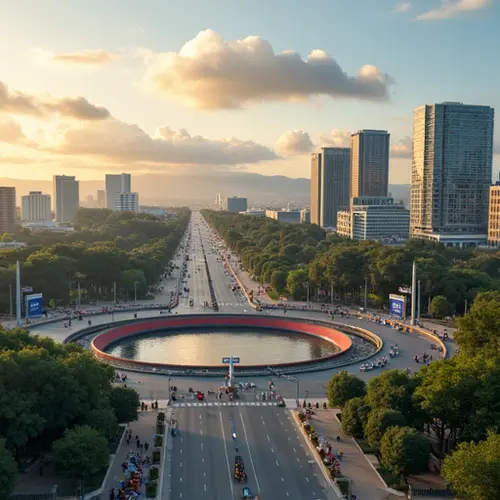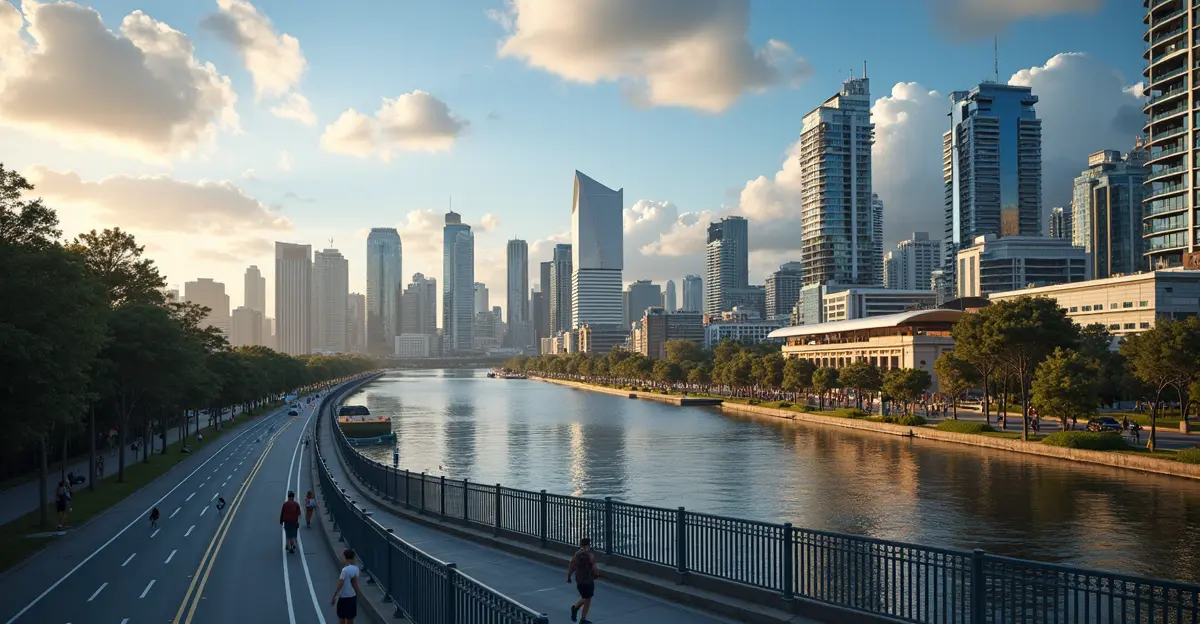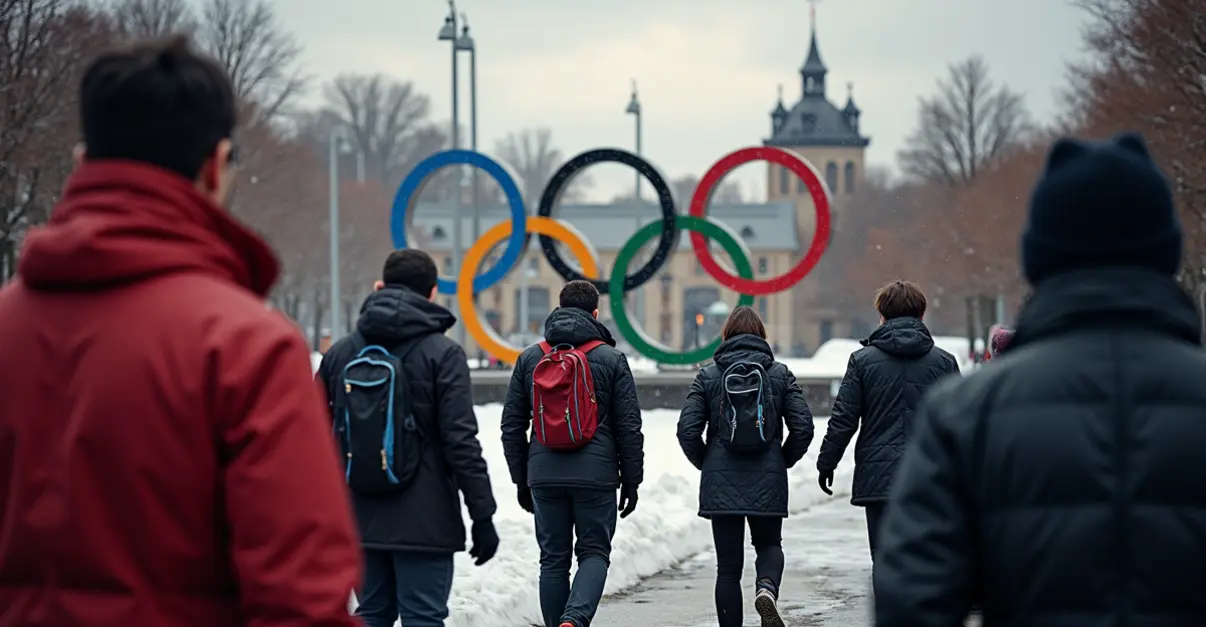Cities worldwide are accelerating infrastructure projects for the 2032 Olympics, focusing on sustainability and legacy. Brisbane leads with billion-dollar upgrades, while others innovate in transport and green tech.

Global Preparations Intensify for 2032 Olympics
As the world looks ahead to the 2032 Olympic Games, host cities and bidding nations are embarking on massive infrastructure projects to ensure a successful event. The International Olympic Committee (IOC) has emphasized sustainability and legacy, pushing for innovations that benefit communities long after the Games conclude. According to recent reports, key focuses include green building standards, smart transportation systems, and affordable housing conversions.
Brisbane Leads the Way as Host City
Brisbane, Australia, the official host for the 2032 Olympics, is at the forefront of these efforts. The city has committed over $5 billion in upgrades to venues, public transport, and accommodations. 'We're not just building for 16 days of sport; we're creating a legacy for generations,' said Queensland Premier Steven Miles. Projects include the redevelopment of the Gabba stadium and new aquatic centers, all aiming for carbon neutrality. Challenges such as budget overruns and community displacement are being addressed through public consultations, as seen in recent urban planning forums.
Other Contenders and Their Innovations
While Brisbane is the designated host, other cities like Jakarta and Budapest, which expressed early interest, continue to invest in Olympic-ready infrastructure. For instance, Jakarta is enhancing its mass transit system with eco-friendly technologies, leveraging lessons from the 2018 Asian Games. Experts highlight that such preparations can boost local economies; a study by https://www.olympic.org notes that past Games have increased tourism and job creation by up to 20% in host regions.
Sustainability and Economic Impacts
Sustainability is a core theme, with the IOC's 'New Norm' guidelines promoting the use of existing venues and renewable energy. Economic analyses suggest that the 2032 Olympics could inject billions into the global economy, but risks like cost overruns remain. 'The key is balancing ambition with practicality,' noted sports economist Dr. Lisa Tran in a recent interview. Updates from 2025 indicate that digital integration, such as AI for crowd management, is gaining traction, ensuring the Games are both spectacular and secure.
In summary, the road to 2032 is paved with innovation and collaboration, setting a new benchmark for mega-events.

 Nederlands
Nederlands
 English
English
 Français
Français
 Deutsch
Deutsch
 Español
Español
 Português
Português









